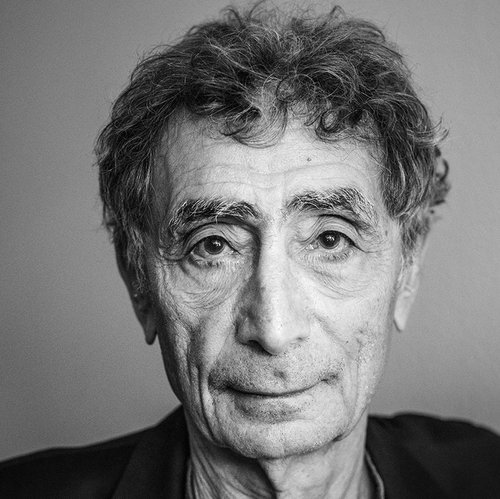Universities are one of the most hallowed institutions in our society — but critics argue they’re closer to hedge funds that conduct classes. Higher education is largely tax-exempt, based on the idea that universities benefit the public at large, including the communities where they are located. Yet urbanist and historian Davarian Baldwin argues that cities … Continued





